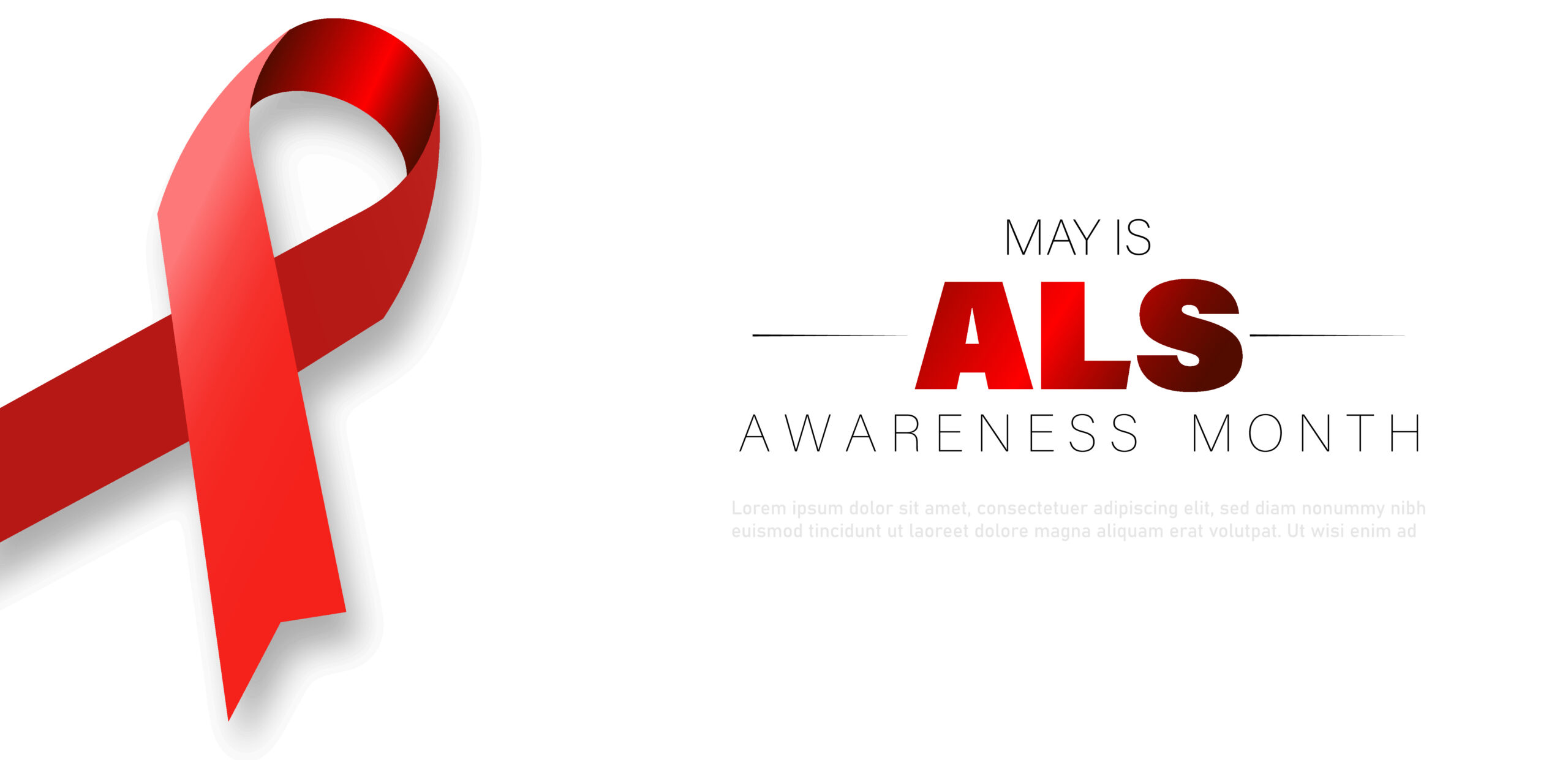
Caring for someone with Amyotrophic Lateral Sclerosis (ALS) can be a challenging experience for even the most concerned and diligent of caregivers.
Being knowledgeable of possible ALS symptoms in advance can help you know what to expect and prepare for the inevitable transitions of the disease. In this article, we review the definition of ALS, common ALS symptoms, and how you can better help and support your loved one by seeking the assistance of hospice care services.
What is ALS?
ALS, sometimes called Lou Gehrig’s disease, is a progressive neurodegenerative disease that affects the nerve cells in the brain and spinal cord that control voluntary muscles. This causes weakness and the inevitable deterioration of muscles both in their size and ability to function. As a result, many people with ALS gradually lose their ability to walk, use their hands, speak, and swallow. In as many as 95% of the cases, the cause is unknown, however, it is believed to be the result of a genetic abnormality.
ALS is usually characterized by pain, muscle twitching or spasms, stiff muscles, or excessive drooling (caused by weak chin muscles), and later difficulty talking, swallowing, and breathing. Eventually, all the muscles that a person can control are affected, forcing the person to use a ventilator and/or feeding tube. ALS can also impair the ability to think and cause significant changes to a person’s memory.
About ALS-Induced Depression
An ALS diagnosis can also trigger feelings of lethargy, intense sadness, fear, or hopelessness for those afflicted, as well as their caregivers. While these feelings are completely normal, for some ALS patients and their loved ones these feelings can persist and become an ongoing problem. If not treated, prolonged feelings of sadness and anxiety can lead to depression, a mental disorder that can cause noticeable changes in one’s relationships with others, as well as in their day-to-day well-being.
Depression is characterized by persistent feelings of sadness and loss of interest, affects how you feel, think, and behave, and can lead to a variety of emotional and physical problems. You or your loved one may have difficulty performing normal day-to-day activities and may sometimes feel as if life isn’t worth living. Common symptoms of depression include:
- Feeling sad or down
- Experiencing a loss of interest in activities once enjoyed
- Experiencing sleeping difficulties (for example, sleeping too much or having trouble falling asleep)
- A change in appetite
- Feeling guilty or hopeless
Should you or your loved one feel any of the above symptoms for two weeks or longer, it is recommended you schedule an appointment to see a healthcare provider or mental health professional as soon as you can. If you’re reluctant to seek treatment, talk to a friend or loved one, a health care professional, a faith leader, or another trusted individual. Moreover, if your loved one is experiencing depression because of their ALS diagnosis, know that hospice care can provide the support, care, and therapy they may need to overcome ALS-triggered depression.
When to Seek Help
Caring for someone with ALS often presents many challenges for the patient’s primary caregiver. From daily living activities such as shopping, cooking, and cleaning, to more demanding activities such as bathing or feeding, caring for an ALS patient can take a toll. As the patient’s muscles decline, it can become increasingly difficult for primary caregivers to assume all their responsibilities alone.
Over time, as the disease progresses and caregiver responsibilities increase, it’s common to experience complex emotions such as worry, fear, guilt, frustration, and even anger. Sometimes this can affect the caregiver’s quality of life and lead to depression. As a result, the caregiver may be unable to sufficiently care for themselves, let alone their loved ones. If you find yourself in a similar situation, it may be time to seek help from a hospice care provider.
Hospice Care services can provide pain management and emotional support for your loved one while providing respite care for their primary caregivers. By offering caregivers assistance with everyday tasks, caregivers can rest and recharge while receiving the psychological support they deserve.
The Benefits of Hospice Care for ALS
Hospice care is a great option for patients diagnosed with ALS. Hospice care services provide comprehensive access to a team of healthcare professionals who can address the needs of the patient where and when they need support.
The hospice team also consists of social workers and volunteers who can assist in daily activities, finding information regarding local support groups, contacting palliative care services, or providing a hospice referral in the terminal phase of ALS.
Moreover, having access to hospice care can also allow family members to have a much-needed break from the demands of being a primary caregiver of a person with ALS.
Contact Traditions Health for More Information
We hope this article has helped you better understand the role hospice care can have in caring for someone with ALS. Whether offering relief from distress or pain, minimizing stress or anxiety, or facilitating a better sense of well-being, hospice care is a reliable form of care for ALS patients and their caregivers. Click the Request Care button below to learn more about our hospice care services.
